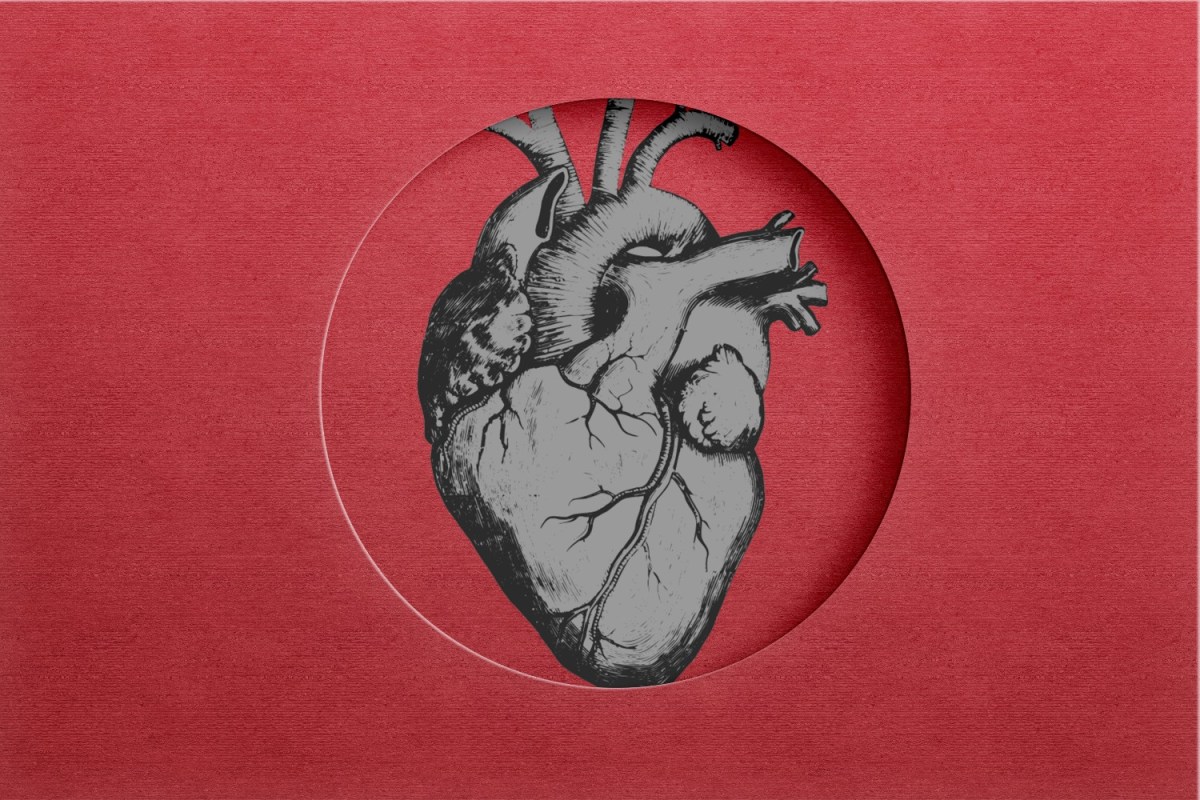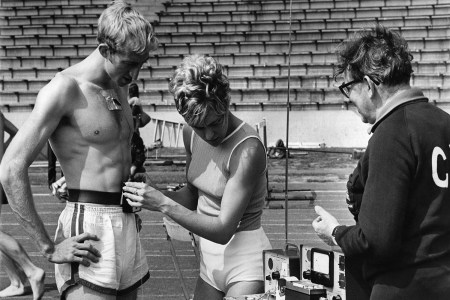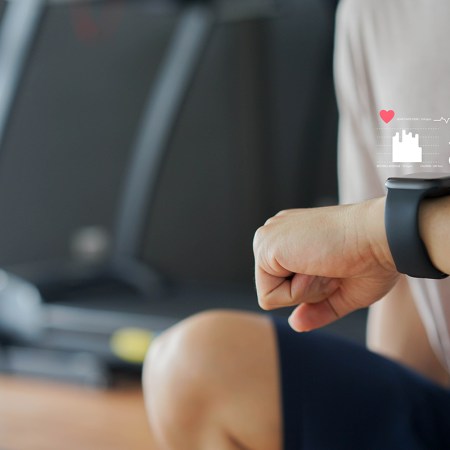As you’ve probably noticed, things are getting hotter all over the world. Here’s a quick question: did you know what a heat dome was 10 years ago? We’re living in a world where extreme weather is much more commonplace, where climates are evolving before our eyes and where previously habitable regions of the planet are turning inhospitable. There are plenty of challenges and threats that come with that, and recently scientists have come up with a new one: turns out the human heart doesn’t do well in the heat.
That’s the gist of a paper recently published in the Journal of Applied Physiology. “With climate change, humans are at greater risk for heat-related morbidity and mortality,” the study’s authors write. Their research involved exposing 51 test subjects “to progressive heat stress across a wide range of environmental conditions in an environmental chamber at two low metabolic rates reflecting minimal activity … or light ambulation.”
Writing in Nature, Mariana Lenharo has more details on the study — and what it means for all of us. Simply walking slowly on a humid day when the temperature is 93.2 degrees Fahrenheit or above is enough to put strain on the heart. Dry air raises that threshold somewhat — to 105.8 degrees Fahrenheit.
Penn State researcher Rachel Cottle, one of the paper’s authors, told Nature that your heart rate can be a useful way to know when you’re at risk on hot days. “If all of a sudden you notice your heart rate going up quickly and progressively, then that might mean that your core temperature will start to rise,” Cottle said.
How to Lower Your Resting Heart Rate Below 60 BPM
Make like an elite athlete and slow down your tickerIt’s not hard to see how an increase in your heart rate can lead to health problems. There are only so many ways someone can change their everyday routines to avoid excess activity in the outdoors; this new research suggests that even a slow walk has hazards. It’s one more thing to contend with as we rethink different elements of our lives in an era of climate change.
The Charge will help you move better, think clearer and stay in the game longer. Subscribe to our wellness newsletter today.


















